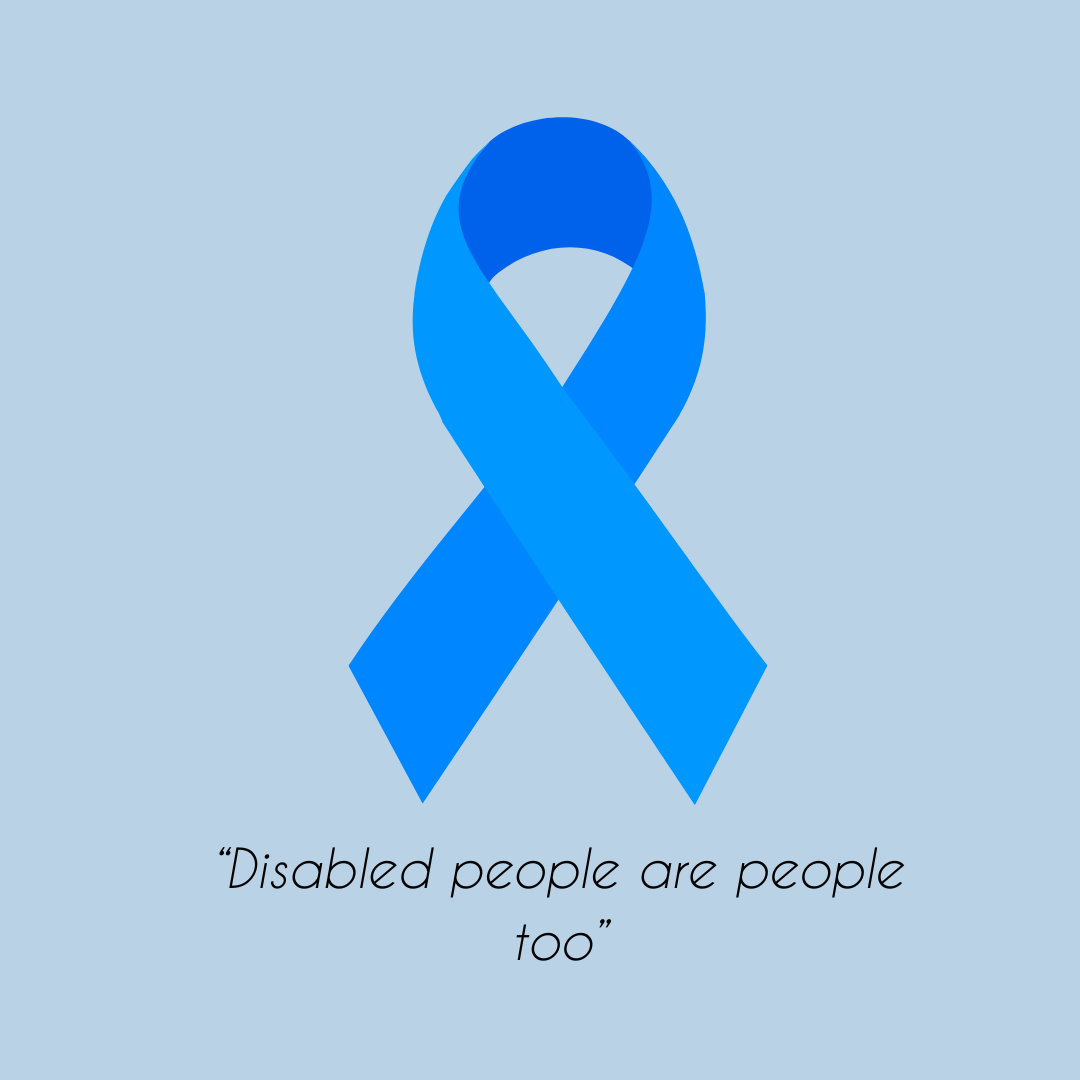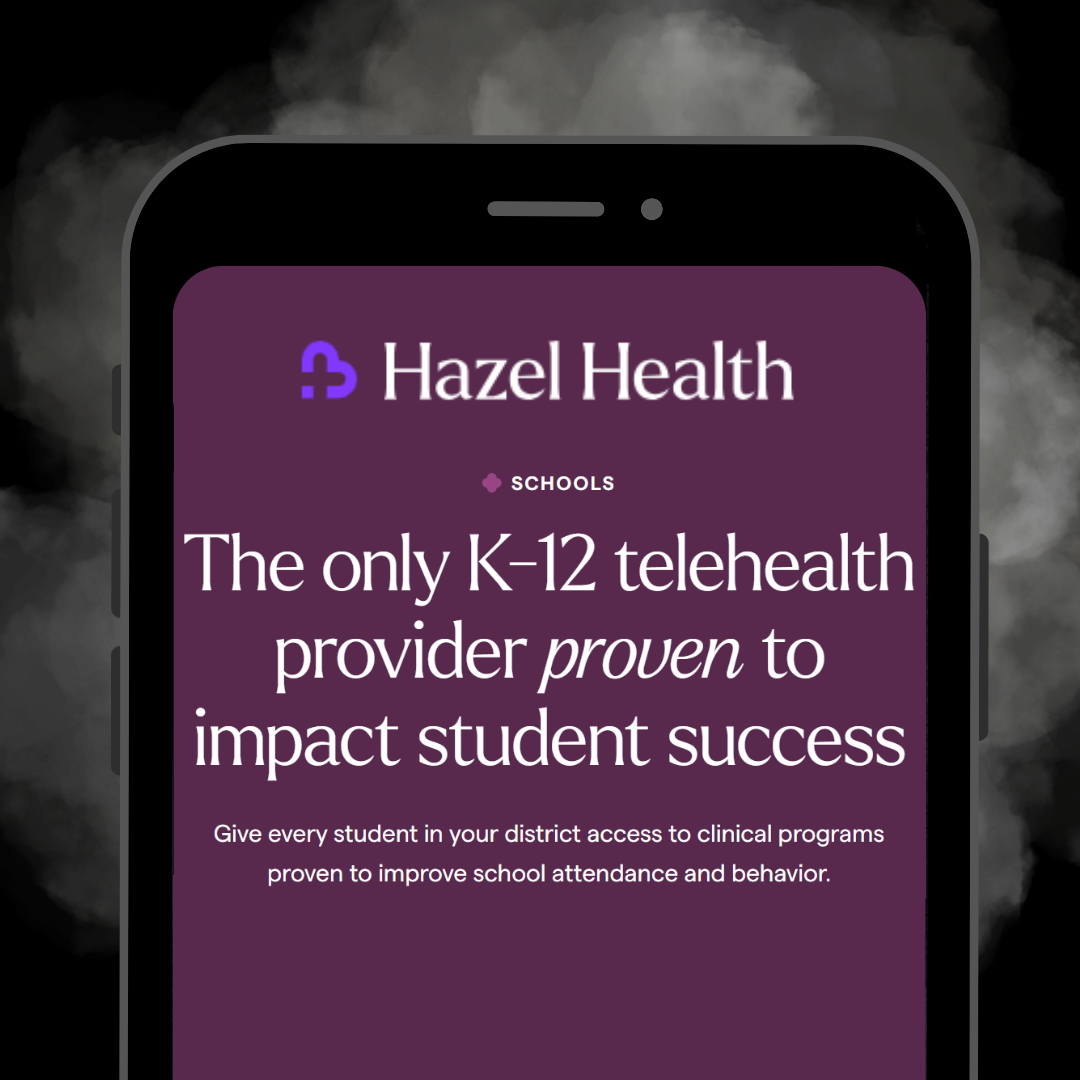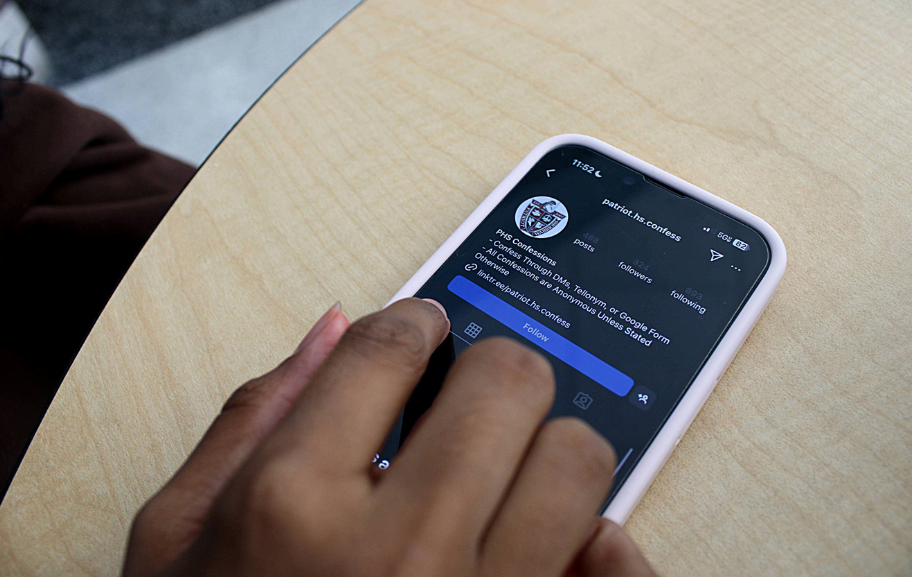Embracing independence is a universal goal, yet for individuals with an intellectual or developmental disability, getting access to this path can be difficult. Students with disabilities are often not included in conversations about education and postsecondary planning. This can set them back from participating in many aspects of life. Having programs like transition fairs can help ensure that all students, regardless of their disabilities, have equal opportunity to explore all their options and live to their fullest potential.
Students with disabilities start with an Individualized Education Plan (IEP), then a formal transition process when they are around 13. This process allows them to establish their goals for after high school and focus on life after the IEP. During this process, most parents can find it difficult to see their child go out into the real world and live an independent life. It can be scary for them and hard for them to let go.
School psychologist, Dr. Clarence Thomas, offers advice to these parents by saying, “you just try to explain to those parents that they have already shown some independence. You know, they’re at school and you’re at work. They’re separate from you, so they’re learning some things now. They’re navigating the hallways of the school independently or semi independently.”
To help contribute to the beneficial impacts of transition fairs, Prince William County Public Schools recently hosted their 24th annual transition fair, showcasing a variety of programs. Programs include guardianship, employment, and providing special education students with specific skills. This emphasis on inclusivity is essential, as it ensures that all individuals have access to the resources and support that they need. The fair, designed to cater to students of all ages with disabilities, serves as an informational session.
Thomas, having worked with many students with disabilities by offering his support and recommendations, doesn’t necessarily follow them all the way to the end, but has seen many success stories in his career. When describing a story about how one of his students made and sold wooden dowels, he says, “they enjoy doing it and they sold them and that was that. That’s a success story.”
Success stories are great to hear, but those with disabilities typically endure a harsher journey to get to that point. Systems like employment, education, and the criminal justice system are not always designed to accommodate all people. People with disabilities are often less likely to be employed than people without disabilities. Additionally, in the medical field, psychologists gather that health professionals can fall victim to unconscious bias in the way people with disabilities are treated. These notable issues have caused a mission to change these upsetting circumstances for people with disabilities. For example, psychologists are working to improve training for healthcare providers and in 2023, 22.5% of people with a disability were employed.
Transition fairs play a huge role in the road to inclusivity, as they are a great way for people with disabilities to be set up to opportunities like their peers. As we continue to strive for a more inclusive society, it’s important to acknowledge when we are participating in stigma and limiting the opportunities of those that need it the most. Regardless of their disabilities, every individual deserves the chance to live to their fullest potential.




